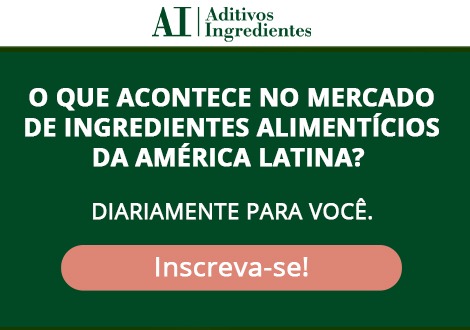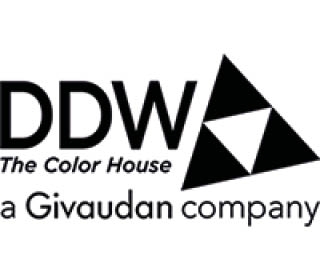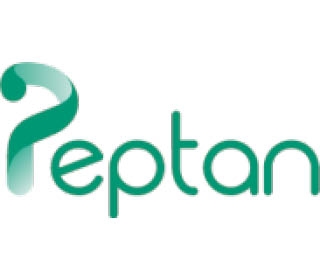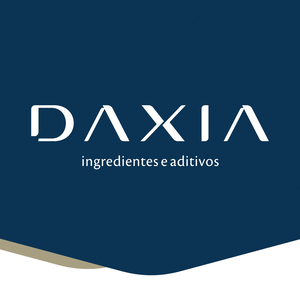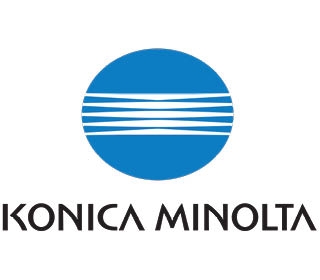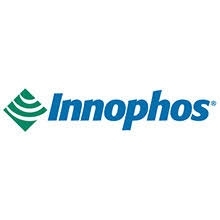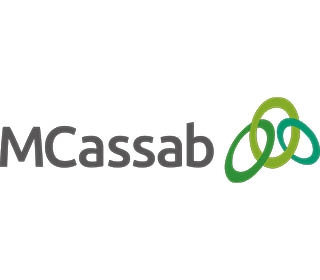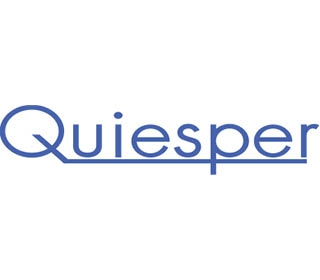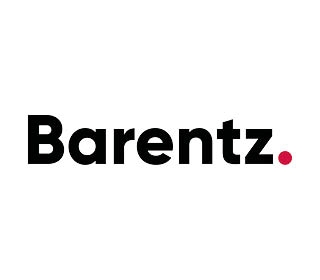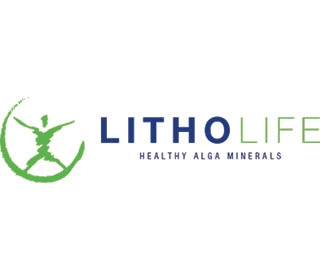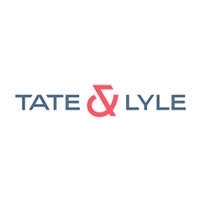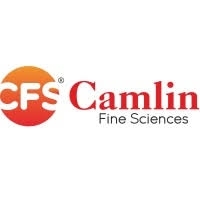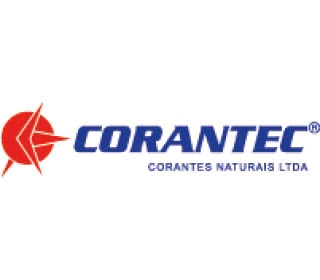CP Kelco’s “holistic” sustainability strategy at the heart of adding business value
Sustainability is no longer the sole responsibility of a designated department, but should be implemented using a “holistic” approach, as detailed by CP Kelco’s “Triple Bottom Line” strategy. In an exclusive webinar, the global supplier of “nature-powered” ingredients details how three pillars of “People, Planet and Profit” are helping guide the business in developing circular solutions that reduce waste while maximizing all resources along the value chain.
“Any time you have functional experts across a business, there can be a tendency toward letting the ‘sustainability expert’ drive the sustainability strategy. We wanted to make sure everyone clearly knew how their function ultimately impacted our overall strategy. Everyone has a role, and we've got wide agreement and understanding on that as we’re two years into our strategy execution,” Brian Williams, Vice President of Environmental Health, Safety and Sustainability at CP Kelco, tells.
“When we talk about sustainability, we refer to a holistic approach to business strategy, in a process that helps us identify our full potential of the company, not solely focused on the financial aspects. We feel our Triple Bottom Line strategy positions us well for continued progress. We intentionally crafted it to include all functions of our business, including HR, Sales, Marketing, Innovation, Legal and Finance,” he adds.
As a key element of the company’s sustainability strategy, its global human resources and organizational development teams have launched “I Belong at Huber” – a nod to JM Huber Corporation being the parent company of CP Kelco. The program is a multi-year journey to “evolve” the two companies’ workforce, workplace and marketplace, through fostering diversity and inclusion.
CP Kelco has also developed a global, fresh graduate program that provides young engineers the opportunity to work in different locations globally and develop with the help of a mentor. “We’ve intentionally changed how our recruiting and hiring teams are screening, interviewing, hiring and onboarding our candidates,” details Emily Thomas, Manager of Corporate Sustainability Programs at J.M. Huber Corporation.
To optimize its workplace and foster an inclusive culture, CP Kelco has introduced unconscious bias training to its employees to raise awareness that mitigates blindspots. “We’ve also provided opportunities to the women of CP Kelco around the globe, allowing them to participate in a women’s leadership accelerator program to help them prepare for leadership positions and feel more confident to take on new challenges,” says Thomas.
Circular manufacturing
“The Sustain Domain” is ranked as Innova Market Insights’ third Top Trend for 2020. Innova Market Insights research has indicated that on average, 85 percent of US and UK consumers expected companies to invest in sustainability in 2019, up from 64 percent in 2018. In the area of food waste, upcycling is the new recycling, as companies strive to follow a zero-waste approach by creating value from by-products. Meanwhile, in packaging, the focus is on using less of it, as well as developing sustainable alternatives.
Sustainable manufacturing requires “life cycle thinking,” very much like nature itself, explains Thomas. “If you call [a byproduct] ‘waste,’ you’ve given up. At CP Kelco’s Brazillian facilities, we upcycle citrus peels from the juicing industry to produce pectin and citrus fiber. Our innovation team designed our patented peel-washing process that drastically reduces the need for fresh water compared to the traditional peel-washing process, resulting in a higher yield of pectin.”
.png)
“Upcycling is the new recycling” in sustainability trends.
Process water from the supplier’s pectin extraction process is recycled for “fertigation,” or fertilized irrigation for local eucalyptus groves, providing nutrients to support the growth of biomass, which fuels its operations. The remaining byproducts from the spent citrus peels are processed into animal feed. In 2019, the company reports feeding roughly 30,000 farm animals with its Braspolpa feed products.
“We’ve tasked our engineering and operations teams with investing in and deploying solutions that will reduce energy and water use. CP Kelco has committed to diverting at least 90 percent of our facility’s waste toward recycling and beneficial reuse, and away from landfill and incineration by the year 2022. CP Kelco is nearly halfway through this five-year objective. Our global pectin and fiber facilities have already achieved a 99 percent diversion rate,” says Thomas.
Thomas details another example of a project that recently challenged CP Kelco to innovate with a “Triple Bottom Line mindset.” “At one of our largest plants located in Lille Skensved, Denmark, we had a distillation process in place that distributed surplus energy through the site’s cooling towers. The cooling tower process used a significant amount of water and was really noisy. In fact, the cooling tower fan noise posed a potential regulatory concern as our facility directly borders communities. We really needed to innovate the process to solve a number of problems.”
With its funds, the company was presented the option to build a wall. “Instead, we invested in a new heat pump technology. This eliminated the cooling towers completely, solved the noise concern and reduced water usage in the process. Even better, the surplus heat from the heat exchangers is now used to heat approximately 2,400 homes in the immediate community. It also reduced the need for local utilities to burn fossil fuels to heat homes, which in turn reduces greenhouse gas emissions.”
Reinvesting in business resiliency does not stop at CP Kelco’s facility gates. “We also understand the value in investing in the communities in which we live and work. Through our ‘Huber Helps’ program, the organization contributes 1 percent of net operating income to global organizations in support of affordable housing, education and wellness, environmental causes, and humanitarian support programs,” states Thomas.
Considering the current humanitarian crisis, CP Kelco is working with each of its manufacturing sites and office locations around the world this month to identify one local charity focused on COVID-19-related efforts to support. A donation will be made by Huber Helps to each charity identified globally during the second quarter of 2020.
“Long gone are the days when sustainability was an afterthought on spending capital funds. Today, sustainability is among the table stakes for global project approval,” she concludes.
